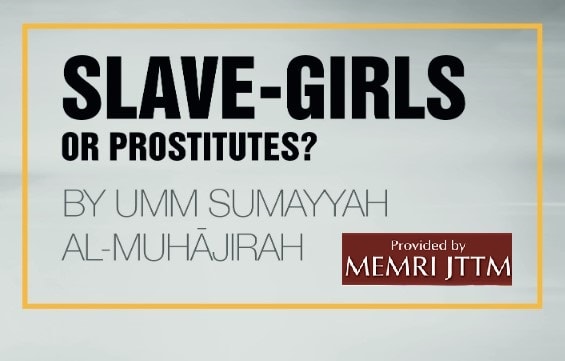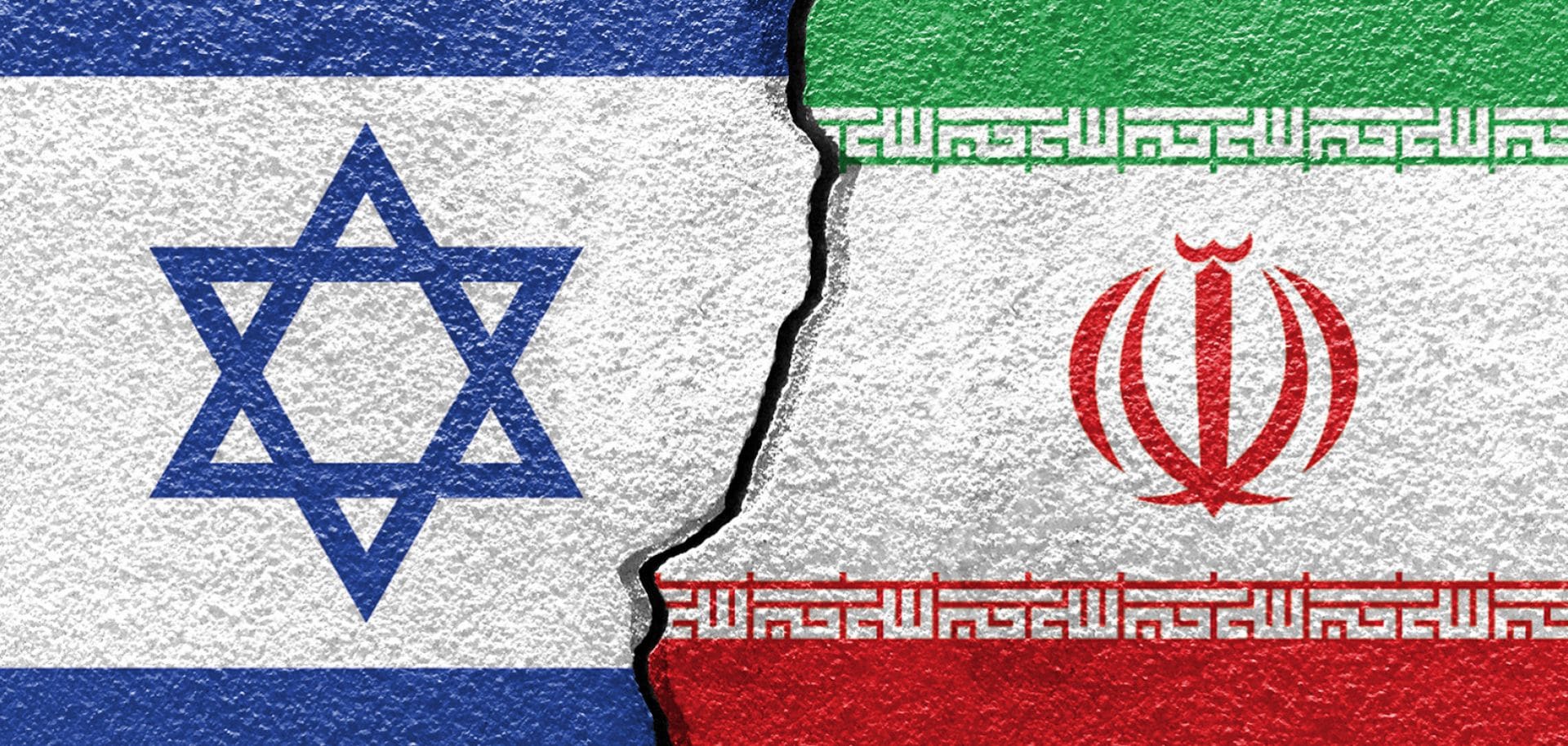The following report is a complimentary offering from MEMRI's Jihad and Terrorism Threat Monitor (JTTM). For JTTM subscription information, click here.
Issue 9 of ISIS's English-language magazine Dabiq includes an article titled "Slave-Girls or Prostitutes", by "Umm Sumayyah Al-Muhajirah", which is a defense of the practice of saby: taking women captured in war, including married women, as sex slaves (often after their husbands have been executed).

The author (who judging by her name is a woman) states that saby is an authentic Muslim practice, and that ISIS's implementation of it – as in the case of the Yazidi women – was exploited by the movement's detractors, who compared it to rape. She rebukes ISIS supporters who rushed to deny: "But what really alarmed me was that some of the Islamic State supporters (may Allah forgive them) rushed to defend the Islamic State – may its honor persist and may Allah expand its territory – after the kāfir media touched upon the State’s capture of the Yazīdī women. So the supporters started denying the matter as if the soldiers of the Khilafah had committed a mistake or evil."
She adds that those who assail the practice in the Muslim world are the same people who condemned the revival of jihad that had been dormant until 30 years ago: "As for those who rebuked the Khilafah’s soldiers for [the practice of] saby, then this is not surprising at all, for they themselves are those who crippled the obligation of jihad with false suspicions and crooked arguments." In contrast, ISIS is "reviving a prophetic Sunnah, which both the Arab and non-Arab enemies of Allah had buried." The revival was attained "[in] the prophetic way, with blood-red swords, not with fingers for voting or tweeting." The author rebuts those who condemn the practice with citations from the Koran proving that Muhammad and his Companions had practiced it consistently, and states that Muslim rulers who renounce it are mere "stepchildren of the White House".
Umm Sumayyah goes on to say that slavery is divine punishment: "Indeed when slavery befalls a people, then they have left Allah’s favor, so Allah has no need for them." At the same time, she stresses that, even though some "devious and wicked slave-girls" peddled horror stories of their condition under Muslim captivity, becoming enslaved to a Muslim is actually a blessing for them, because it may lead them to Islam. Once a female slave embraces Islam she is freed and her children may even attain great heights. This, says the author, is demonstrated by the case of Hagar, who was originally a concubine but gave birth to Ishmael: "Isma’īl was the son of a slave-girl, and Allah made the best of mankind, Muhammad, from his progeny." Thanks to saby a slave-girls becomes "a diligent seeker of knowledge after she [finds] in Islam what she couldn’t find in kufr, despite the slogans of 'freedom' and 'equality.' Indeed it is our pure Islam [that] upraises every lowly-one and puts an end to every deficiency." Beginning as a slave can even confer an advantage, because Muhammad said that "Allah marvels at a people who enter Jannah [paradise] in chains."
The author denounces the Western condemnation of saby as hypocrisy, because the West has prostitutes. "A prostitute in your lands comes and goes, openly committing sin. She lives by selling her honor, within the sight and hearing of the deviant scholars from whom we don’t hear even a faint sound."
Umm Sumayyah advises the West to "Leave us alone with your burping," and promises that "the slave markets will be established against the will of the politically 'correct'. When Michelle Obama is sold into slavery in these markets she will be fortunate to command the excessive price of a third of a dinar."




